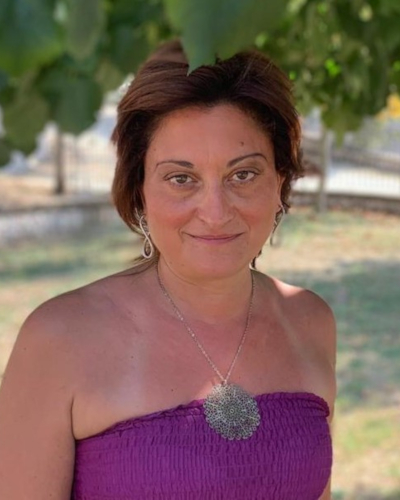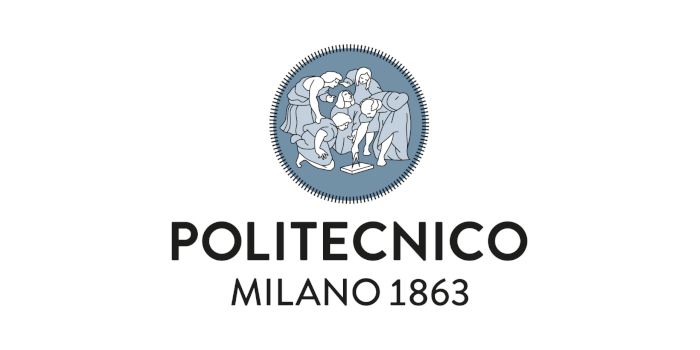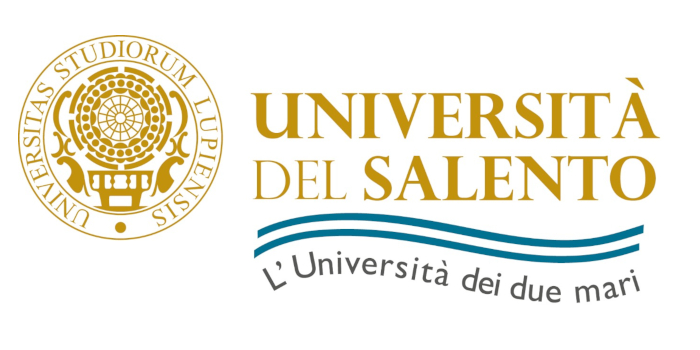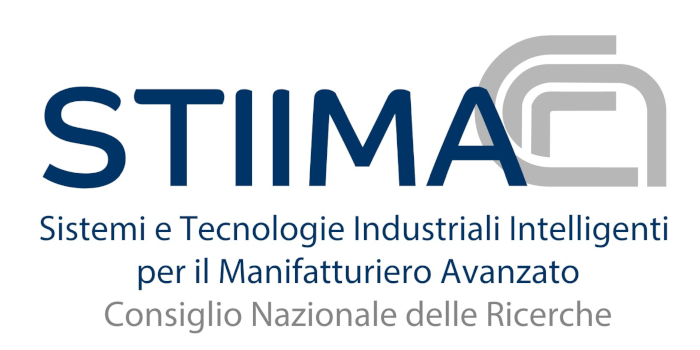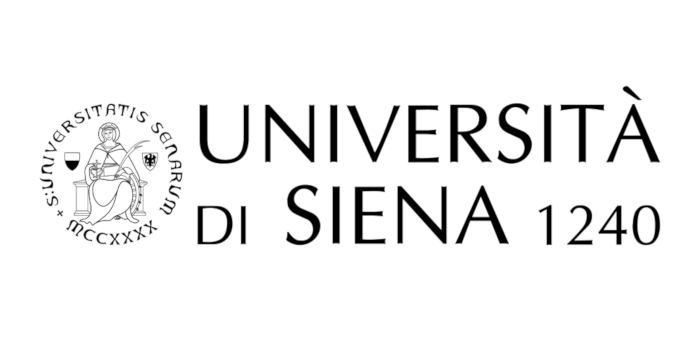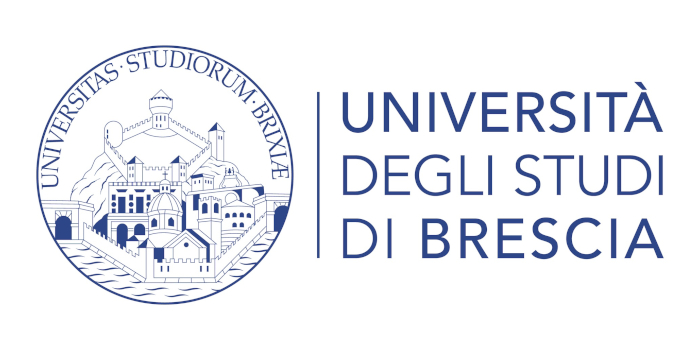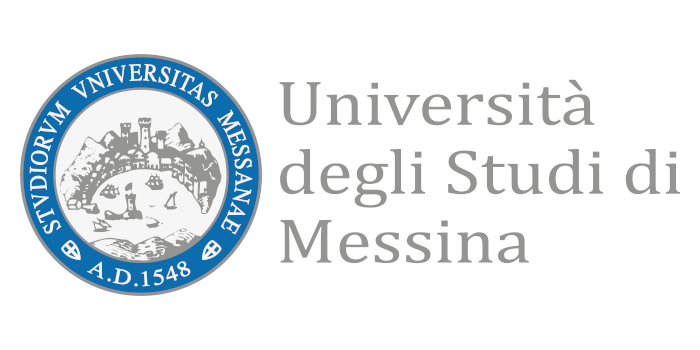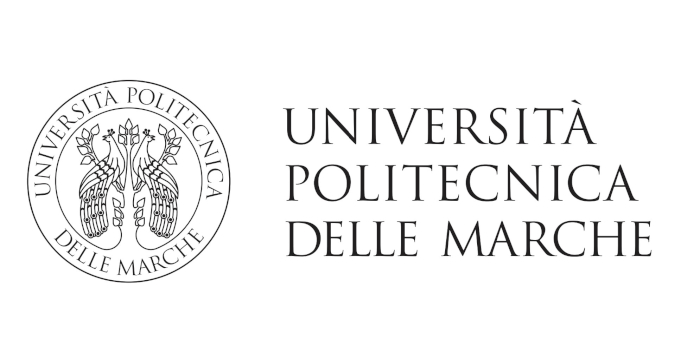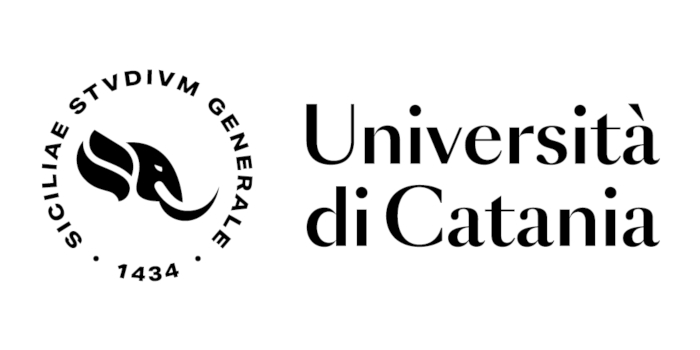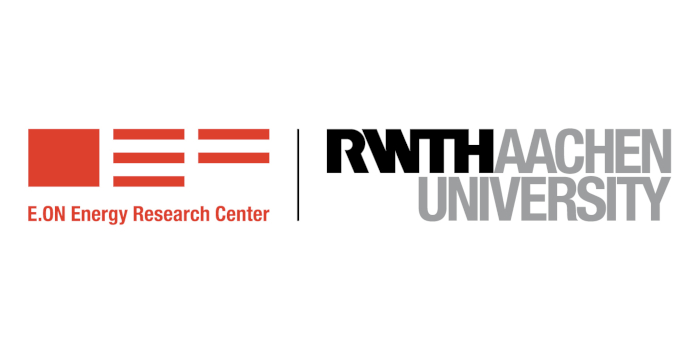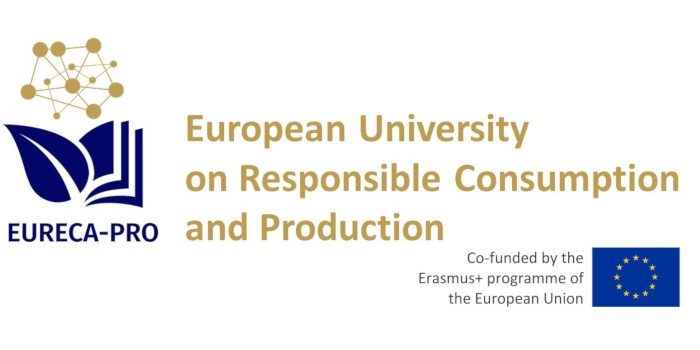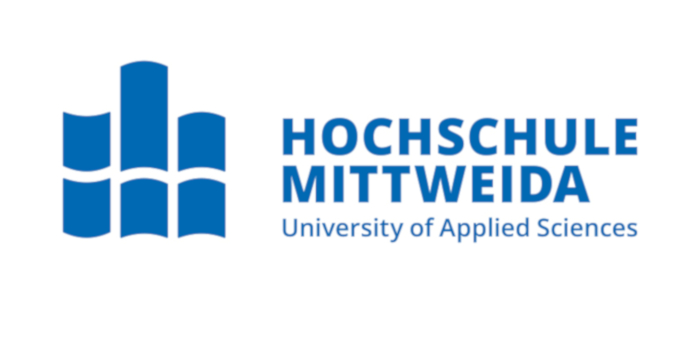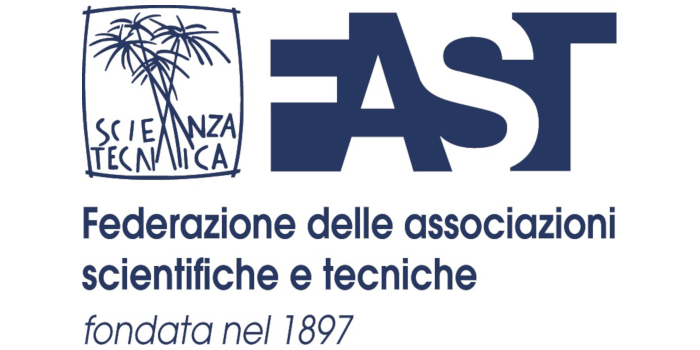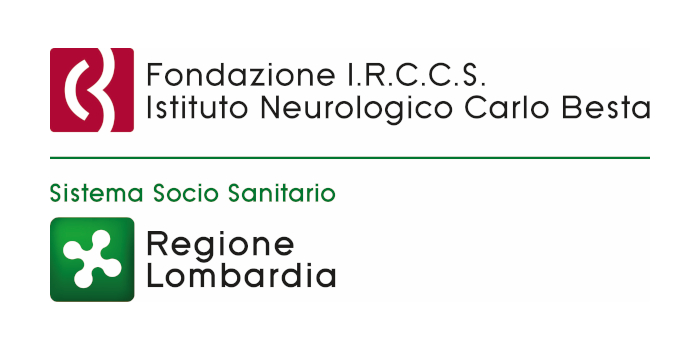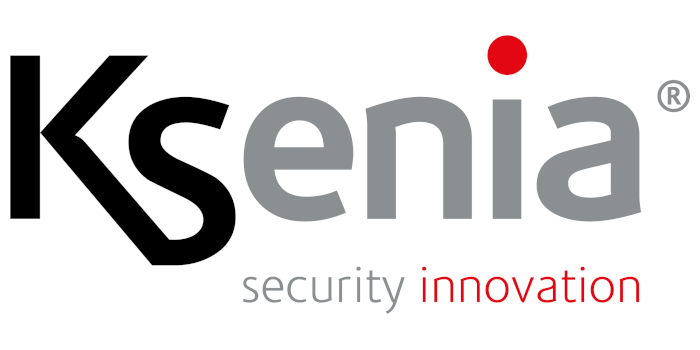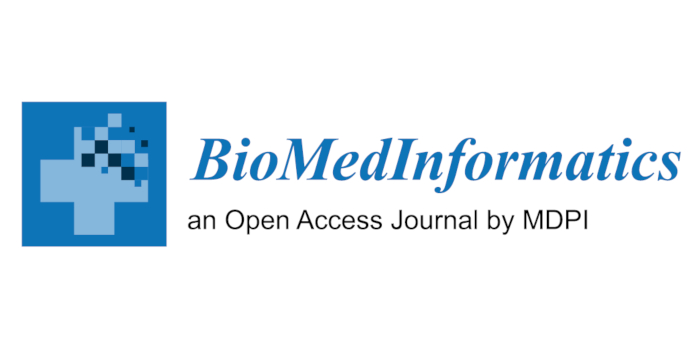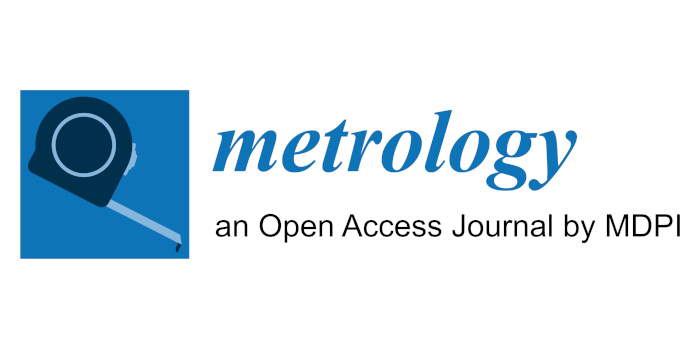SPECIAL SESSION #9
Extended reality in Geosciences: research challenges and perspectives
ORGANIZED BY
Silvia Fabbrocino
DiSTAR, University of Naples Federico II; INGV, Sezione di Napoli Osservatorio Vesuviano
Egidio De Benedetto
DIETI, University of Naples Federico II, Italy
ABSTRACT
Climate changes, loss of biodiversity and restoration of ecosystems are the most challenging issues of this and coming decades. The European green deal and associated recovery measures address the so-called “green transition” by setting concrete targets to meet long-term goals. Achieve this ambitious purpose will firstly depend on increasing a reliable knowledge of the actual status of natural resources/systems, and thus on investigating and managing natural hazards. In fact, climate change, environmental degradation and rapid and unplanned urbanization amplify water variability and raise the risk of disasters able to determine extensive damage to natural and urbanized environments, thus underlining the priority of educating communities to be resilient. The nexus of weather and climate-related natural hazards and community resilience, and even more the relationships between water variability and other significant natural hazards and disasters (e.g., volcanic, seismic, health risk) poses the real challenge for a more sustainable land-use planning and risk management.
Innovation, that is, creating and sharing new ideas, is critical for supporting environment and climate actions that involve many disciplines and experiences. Continued progress in sustainable land and resources use needs adaptation of new and strategic approaches that collect and integrate data over a range of temporal, spatial, and social scales across disciplines.
The most critical aspects of monitoring environmental methods involve:
- developing systems able to collect and integrate data over spatial scales spanning multiple orders of magnitude (i.e., from the site-specific to the regional scales;~;~m2 to ~km2) and over times;
- developing systems for an early response based on real-life/real-time data representing conditions and states before, during, and after significant natural hazard events;
- matching multidisciplinary data sets, increasing supporting metadata.
This special session would promote collaborations and networking opportunities among experts in different research fields to improve research and knowledge in natural hazard engineering.
MAIN TOPICS
This session will focus on topic such as:
- Extended reality in GIScience;
- Combination of XR with conventional metrology techniques to improve the accuracy of measurements and/or the effectiveness of environmental data.
- Wearable technologies to support first responders operating in case of natural disasters;
- Digital geology in virtual reality for visualizing and diffusing complex 3D models.
ABOUT THE ORGANIZERS
Silvia Fabbrocino - Assistant professor of Engineering Geology at University of Naples Federico II and affiliated with the National Institute of Geophysics and Volcanology (INGV)–Vesuvius Observatory, with the Augmented Reality for Health Monitoring Laboratory (ARHeMLab-DIETI), and with the inter-university “Center for Studies on Bioinspired Agro-environmental Technology (BAT Center)”. In 2003 she received a PhD in Environmental and Applied Geology at University of Naples Federico II. First as a member of National Research Group U.O.4.21–CNR-GNDCI and then as assistant professor, she is involved in several research projects, concerning hydrogeological problems of porous and fractured media (above all groundwater resources management and safety) developed at the University of Naples. She is also involved in research projects focused on analysis of natural risk (AMRA s.c.a.r.l.;INGV; BAT Center), on augmented reality for health monitoring (ARHeMLab), on thematic cartography (ISPRA) and on seismic vulnerability of distributed infrastructures (Laboratory StreGa-University of Molise). Her teaching activities deal with applied geological, geotechnical and hydrogeological themes. Scientific coordinator of the Project “Groundwater and Energy: a strategy for the sustainable development” and of the Project “The Agri-Food Sustainability Supply Chain for 2030 Agenda” P.O.R. Campania FSE 2014-2020. She is component of the Water Resources Committee of the National Council of Geologists, of the Committee on Equal Opportunities for Women and Men of the Campania Region, and of the Technical Board of National Association for Soil Bioengineering.
Egidio De Benedetto is an Associate Professor in Electric and Electronic Measurements with the Department of Electrical Engineering and Information Technology, University of Naples Federico II, Naples, Italy. He has been with the Institute of Microelectronics and Microsystems, Italy, from 2010 to 2012. From 2012 to 2019, he has been a Research Fellow with the Department of Engineering for Innovation, University of Salento. His current research interests include the dielectric characterization of materials, microwave reflectometry systems for monitoring applications, 4.0-based measurement systems, cyber-physical measurement systems, sustainability, biomedical applications of machine learning, and measurements for augmented reality systems. He is member of the editorial boards of several scientific journals and a reviewer for EU projects.


